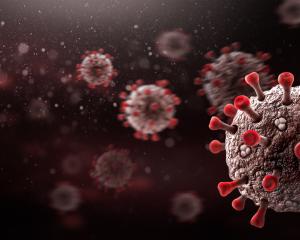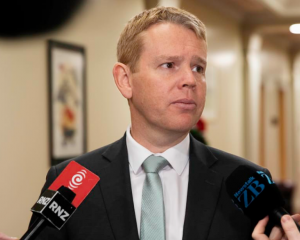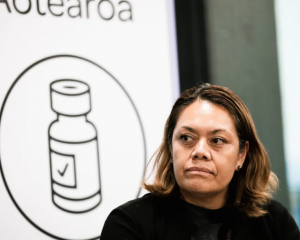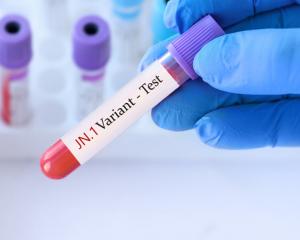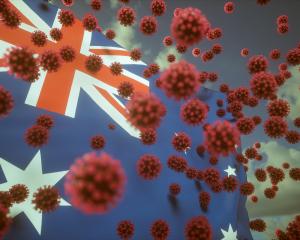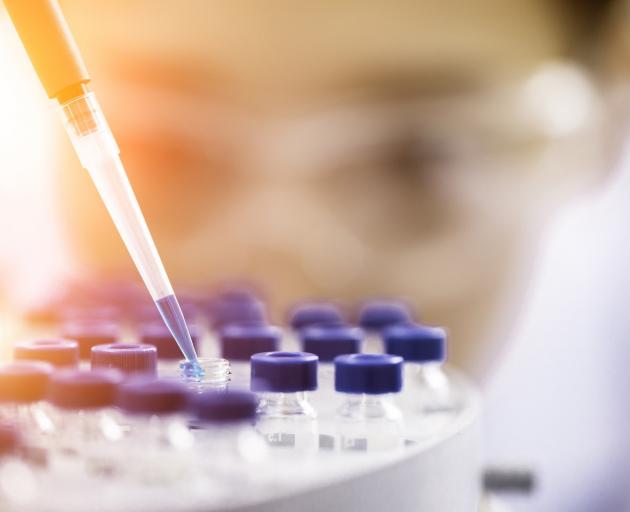
In Dunedin, numbers of confirmed cases, particularly in the student quarter, are likely to be double that previously reported.
This may have lulled many people in the city into a false sense of security about their risk of exposure to the illness.
Test results were being linked to National Health Index (NHI) addresses.
In the case of many Dunedin students who tested positive after arriving in the city, those results would have been recorded in the tallies of their home area.
This situation applied across the country but was exacerbated in Dunedin because of its high numbers of students who come from elsewhere.
It will also have been an issue in other centres with student numbers from other places, and in tourist towns such as Queenstown.
This issue was addressed yesterday after coverage of it, but what is baffling is why, when the question of confusing reporting arose during coverage of vaccination uptake (remember, some areas were showing more than 100% coverage), something was not done then.
Adding to the lack of clarity, is the swamping of our testing services which means polymerase chain reaction (PCR) testing results from nasal swabs are coming through too slowly.
The spin from the Ministry of Health and the Government on the supposed testing capacity has been shameful.
We were assured in January that the nationwide capacity for lab testing had gone from a maximum of 39,000 tests a day to a baseline of 58,000 tests. Interestingly, the president of the New Zealand Institute of Medical Laboratory Science Terry Taylor has said he did not know where that 58,000 figure came from. The latest claim from the Ministry is that the baseline capacity is 31,000 tests a day because the growing positivity rates make testing in batches or pools unviable.
Surely, this was predictable and should have been realised much earlier.
In the meantime, laboratory workers, who have been among the heroes of our Covid-19 response, are working ridiculously long hours and are on the brink of burnout, have joined some other critical health workers threatening to strike twice next month. This comes after 15 months of what has been described as fruitless negotiation over pay and conditions.
It has been good to see testing centres are now able to offer Rapid antigen tests (Rats), but it is also time the worried well heeded the message not to seek testing unless they have symptoms or have been asked to be tested by a clinician or public health official.
As the Covid-19 spread ramps up, prospective patients want to be confident that should they need healthcare in the community, it will be available.
It is unsettling the New Zealand Medical Association has sent a red letter to its members (something rarely done to communicate serious matters) raising concerns about the Government’s expectations on general practice over Covid-19 management.
Doctors are ethically bound to provide care in an emergency but can decline non-emergency care for people in the community with Covid-19 if they do not have the staff and resources and if they can refer them elsewhere.
Lack of money for the service expected is clearly an issue.
It beggars belief the GPs will not receive travel reimbursement at the standard Inland Revenue Department rate.
The Government and the Ministry of Health need to lift their game on these issues. Fudging figures, penny pinching and silly spin must stop.
People need to be able to trust what they say and feel confident that all parts of the response are being properly organised. If mistakes have been made, they should be acknowledged rather than covered up. Anything less risks raising the numbers of the disgruntled and disaffected and lowering compliance with public health measures.v



